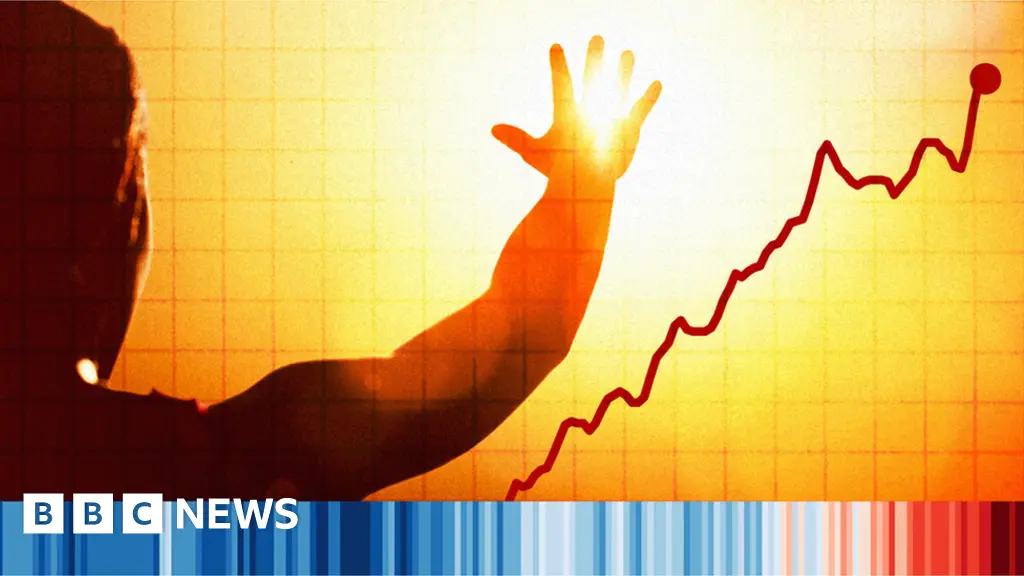Does this mean we’re all going to die?
No; at least, that’s unlikely.
Well that "unlikely" there merits some debate I would say. Yes there is reason for cautious optimism, but there is also the very real possibility of climate change becoming an extinction level event for humanity, specifically by a cascade of tipping points through several globally relevant climate systems being triggered. The damages that will be caused just by optimistic projections of warming are not well understood either:
Even without considering worst-case climate responses, the current trajectory puts the world on track for a temperature rise between 2.1 °C and 3.9 °C by 2100 (11). If all 2030 nationally determined contributions are fully implemented, warming of 2.4 °C (1.9 °C to 3.0 °C) is expected by 2100. Meeting all long-term pledges and targets could reduce this to 2.1 °C (1.7 °C to 2.6 °C) (12). Even these optimistic assumptions lead to dangerous Earth system trajectories. Temperatures of more than 2 °C above preindustrial values have not been sustained on Earth’s surface since before the Pleistocene Epoch (or more than 2.6 million years ago) (13).
Even if anthropogenic GHG emissions start to decline soon, this does not rule out high future GHG concentrations or extreme climate change, particularly beyond 2100. There are feedbacks in the carbon cycle and potential tipping points that could generate high GHG concentrations (14) that are often missing from models. [...]
There are even more uncertain feedbacks, which, in a very worst case, might amplify to an irreversible transition into a “Hothouse Earth” state (21) (although there may be negative feedbacks that help buffer the Earth system). In particular, poorly understood cloud feedbacks might trigger sudden and irreversible global warming (22). Such effects remain underexplored and largely speculative “unknown unknowns” that are still being discovered.
Source
So is the extinction of humanity through climate change certain? No. But is it possible? Yes, and the likelihood is very poorly understood.
Another aspect that is often overlooked in this debate is that the beginning of the holocene mass extinction is very much pre-historic, insofar as the spread of homo sapiens over the globe closely matches to the extinction of mega-fauna wherever we appeared, unsettling ecosystems millions of years old, and reducing biodiversity further and further. Other ecosystems will only be able to compensate for so long before they go extinct, and so on, and the explosion of complexity that usually follows after a mass extinction happens on timescales longer than humanities existence. If or when this cascades to the top of the food chain is anybodies guess.





![[HN] Climate records tumble, leaving Earth in uncharted territory – scientists](https://lemmy.uhhoh.com/pictrs/image/b4aef29a-d906-437a-bb32-8a07db6d335b.png?format=webp&thumbnail=196)

